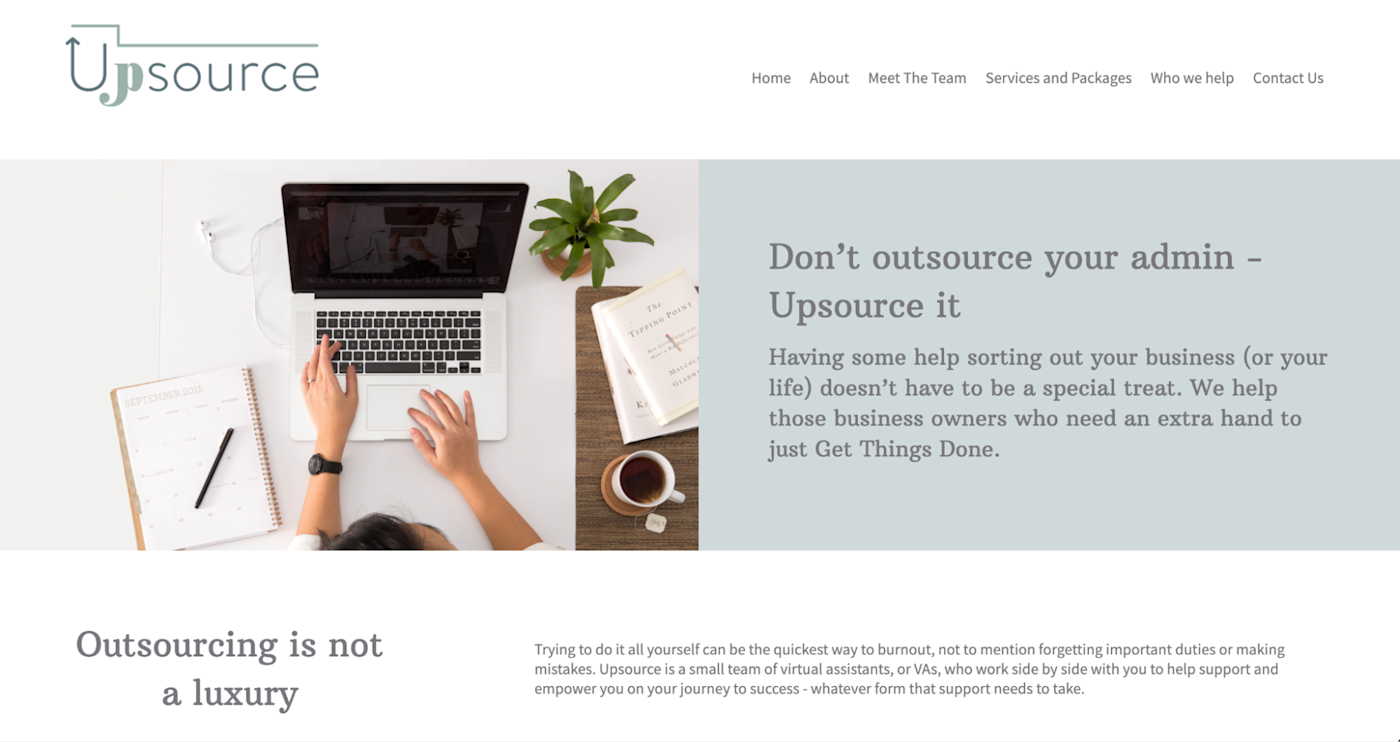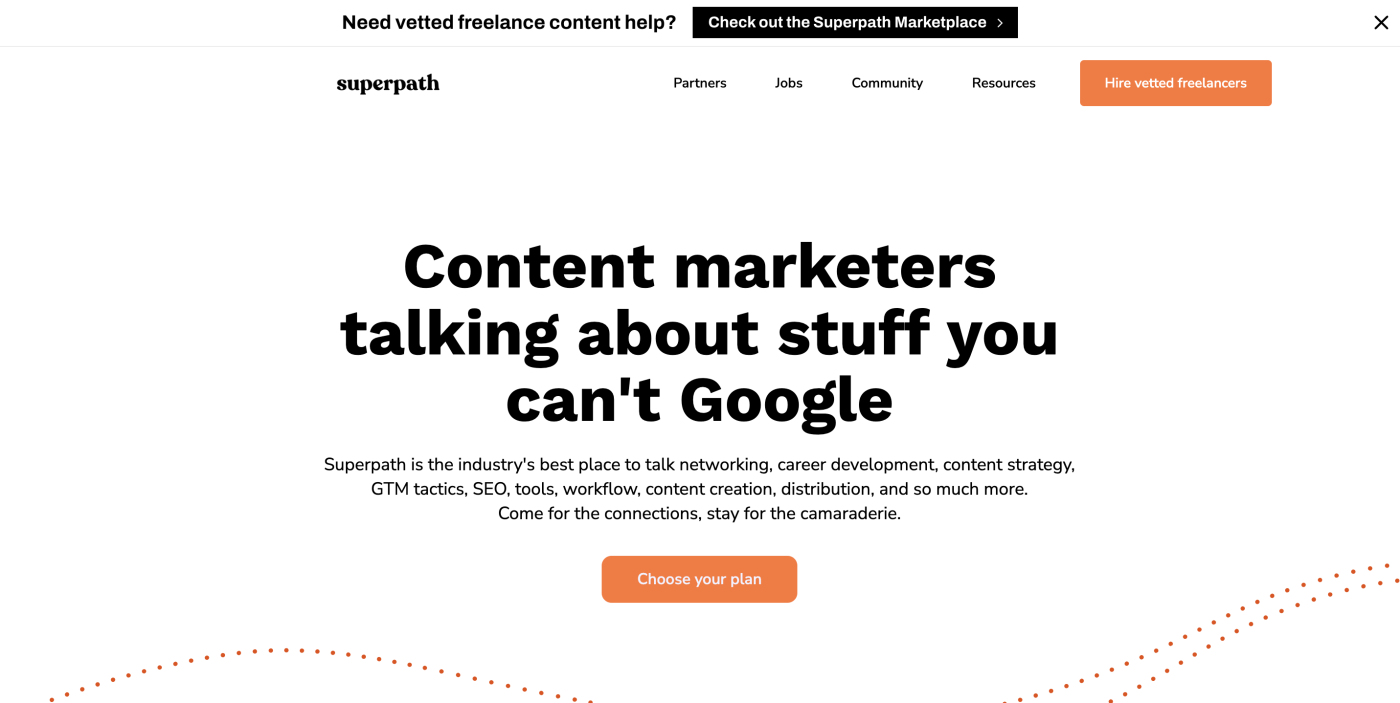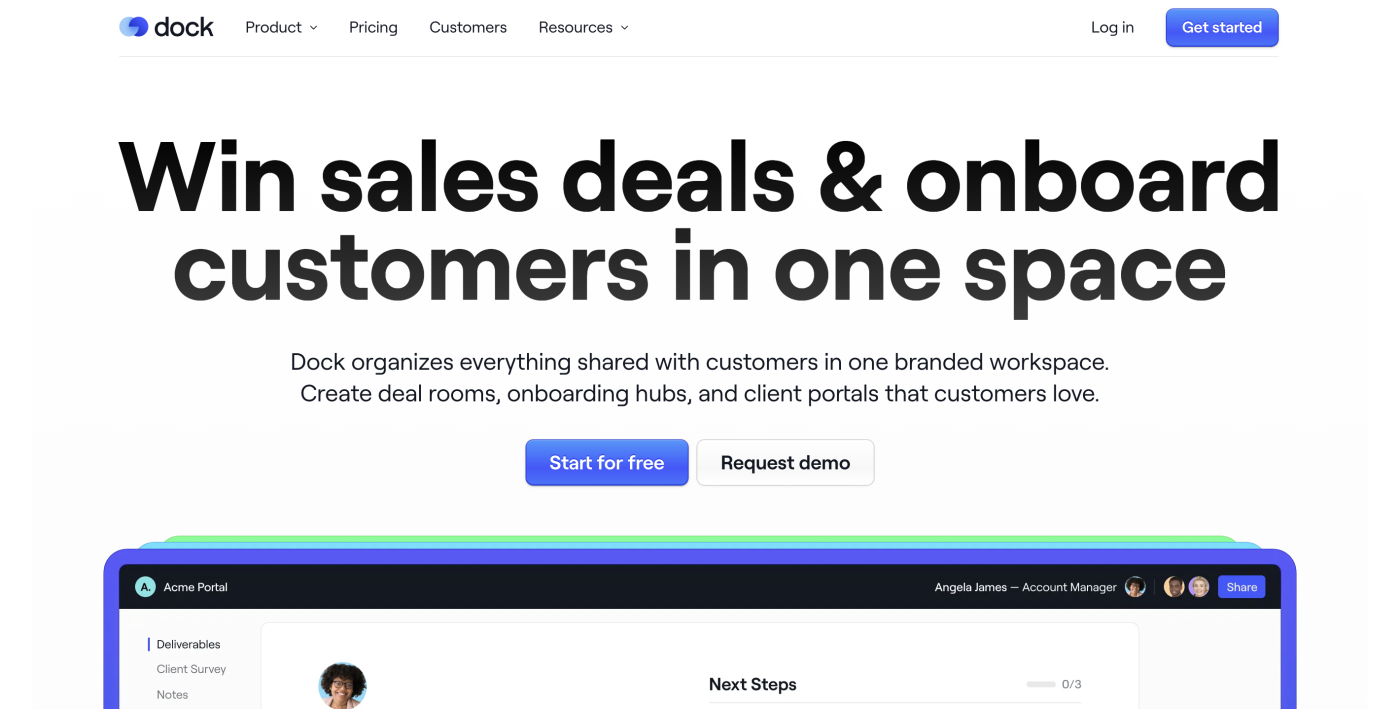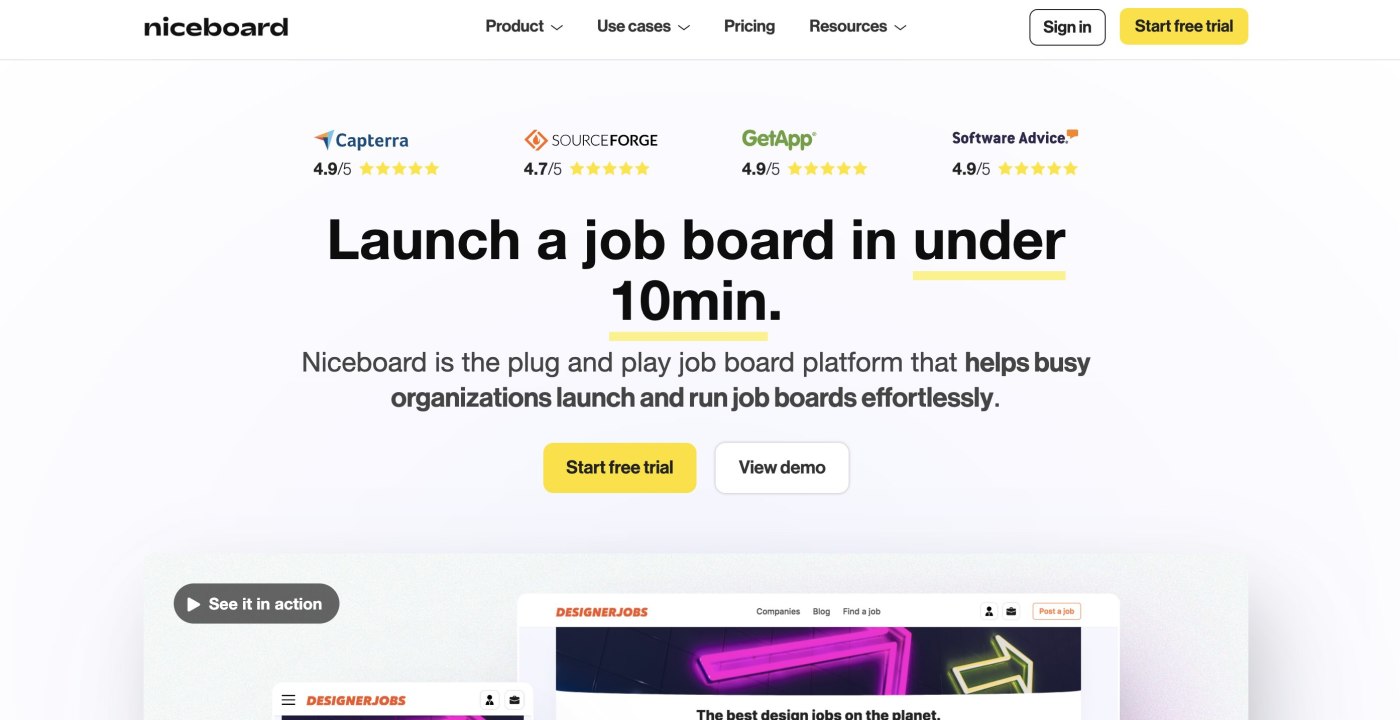It's one of the great tragedies in life that we don't all have obscenely wealthy relatives who hand out starter funds for all our new ventures (insert
money please GIF here). So when some of us want to start a side hustle or full-time enterprise, we're limited by our own bank accounts.If you want to
create a business to change your lifestyle and finances, you may not have a ton of cash to invest in the venture—but that doesn't mean you don't have options. I asked around and was inundated with all sorts of ideas for the cheapest businesses to start from home.Table of contents:
- How to choose your next low-cost business idea
- Local low-cost business ideas
- Online low-cost business ideas
Low-cost business ideas at a glance
|
Local business ideas |
Online business ideas |
|---|---|
|
1. Landscaper |
14. Virtual assistant |
|
2. Baker or personal chef |
15. Blogger |
|
3. DJ |
16. Coach and consultant |
|
4. Pet sitter or dog walker |
17. Freelancer |
|
5. Organizing service |
18. Stock photographer |
|
6. Furniture refurbisher |
19. Travel planner |
|
7. Thrift store flipper |
20. Affiliate marketer |
|
8. Used book reseller |
21. Translator |
|
9. Personal concierge |
22. Dropshipper |
|
10. Personal shopper |
23. Home tutor |
|
11. Older adult companion |
24. Online community |
|
12. Private music tutor |
25. Micro-SaaS |
|
13. Sell handmade items |
26. Job board |
|
27. Social media micro-influencer |
How to choose your next low-cost business idea
The business ideas here are just the tip of the iceberg of low-capital opportunities. As you review the examples and come up with your own ideas, here are a few tips to be sure you're keeping your head on your shoulders.
-
Consider your skills. If you build on what you already know, you won't need to invest in extra training to get started—and you can begin faster with credentials.
-
Use your current equipment. You may not have the best tools to start, but working with what you have until revenue flows makes it more accessible.
-
Fit your timeline. Some businesses (like a landscaping business) can turn a profit relatively quickly, while others (like a blog) will take time to gain momentum.
-
Lean on existing tools. Check to see if there are existing
marketplaces for what you're building. Think:Etsy for makers,Rover for dog walkers, andUpwork for freelancers. Just be aware that you'll have to pay for the convenience of tapping into an existing customer base. -
Think about your income and lifestyle goals. Do you want a
full-time gig orsupplemental income? Are there particular hours or seasons you do or don't want to work?Building a business takes time and effort, so you want to make sure you choose a path that aligns with your plans. -
Make sure you have an audience. A business has to live at the intersection of what it can offer and what customers want. Be sure to
validate your business idea to make sure enough people arewilling to pay for your products or services to make it worthwhile. -
Think about what makes you stand out. What unique angle could you bring to the table? Maybe you're a nutrition coach who specializes in a mindful approach to eating, or maybe you sell handmade crafts themed around a specific fandom. The better you know your own strengths and possible niches, the easier it will be to find customers and market your business successfully.
Remember: because you're starting a business with no money—or very little—you'll need to be much more strategic about the rest of the process.
Local low-cost business ideas
Remote work is
the new normal, but there are still plenty of business opportunities in your community. Here are some locally-based low-capital businesses you can set up for around $1,000 (or less!).1. Landscaping business
If the idea of sitting at a desk all day makes your skin crawl, a landscaping business could satisfy your need to get outdoors. Upfront costs can be
as low as $700, especially if you start with the equipment you already own. Landscaping work is typically seasonal, so you canuse automation to help run your landscaping business during the busy months.My brother Devin started his own landscaping business in Florida a few years ago. He told me:
"It's hard work, but I love being able to work outside and listen to my podcasts on the job. I recommend starting small with the equipment you have. Ask around in your neighborhood if people need their lawns mowed or odd jobs done, like raking leaves and trimming hedges. I didn't need to worry about financing larger equipment like a riding lawnmower or trailer until a few months in, when I finally landed a contract gig with a nearby HOA."
2. Baker or personal chef
Calling all Great British Bake Off fans: have you considered selling your creations? You'll need to
check home bakery laws in your state, but if you're already a baker, you likely have some of the equipment you need.Colin Johnson founded
Company Bread from his home in Connecticut. "To get started, all I needed was a $50 license, a $100 food safety course, basic ingredients, and some equipment for larger production quantities. I also invested in a domain name for my website, so the total initial overhead was around $1,000," he shared. "I was able to make up for those costs within a few months."
Colin also shared a few words of advice for folks starting a new business from scratch: "You should be able to deliver the same level of service to your 10,000th customer as you did to your first customer. It involves more forward-thinking than I realized, so think about how to scale your business model early. Even if you're not investing a lot of money, you need to be investing a lot of time."
If you love all things dessert but aren't exactly a whiz in the kitchen, you could always find more
passive ways to support other bakers. Brandon Morrison, co-founder of theBaking Notification Project, took this innovative approach. His Nashville-based business connects home bakers across the U.S. with their neighbors to share extra baked goods."Unlike many businesses, we didn't have to have a lot of up-front costs like a storefront, equipment beyond a computer and an internet connection. Our initial prototype for the Baking Notification Project was cobbled together over a weekend using Airtable, Zapier, and Twilio."
3. DJ
If you love music or just enjoy hyping up a room of teenagers at a Bar Mitzvah, you might consider starting a DJ business. Depending on what equipment you have and what you need to buy, you can
start a DJ business for around $1,000, especially if you go for a minimalist setup and buy used equipment to get started.4. Pet sitting and dog walking
For some animal lovers, spending every day with furry friends is a dream job. Typically, the
startup costs of setting up a pet sitting or dog walking business are limited to licensing and insurance (though some platforms like Rover will cover those costs for you).Eva Tang started
Eva Trains Dogs, a dog boarding and training service, through word of mouth and runs her business very affordably out of her home. She provides peace of mind for clients by posting pictures and videos of the dogs she's caring for on Instagram. "People think the dog care is for the dog—but really it's about the people who are hiring you," she told me. Her clients appreciate being able to check in on their fur babies while they're separated—and that Instagram content pulls double duty by helping Eva market her business to future clients.5. Organizing service
Do you live by the Konmari method and binge organizing shows on Netflix? Turns out you can get paid to do that. You can spend as little as a few hundred dollars to
set up a professional organizing service and go on to earn an average of$55 an hour.6. Furniture refurbishing
You know those satisfying power washing and cleaning video compilations? You can live that. Picking up damaged couches for free or cheap on places like Facebook Marketplace, cleaning them up, and reselling them is a great business for anyone with a truck and a couple strong people to help. TikTok creators
Cameron & Sadie called the gig "the easiest side hustle." Take a look.7. Thrift store flipper
If you want to sell goods without large inventory costs, try buying discounted items and selling them to a niche audience. People who don't live near a thrift store or are looking for really specific types of items will love what you offer. Building an audience around a particular theme makes looking for inventory and building a brand easier. For example, the
vtgspice storefront on Depop sells '90s-era shirts and sweaters. (Side note: Words like "vintage" and "grandpacore" describing clothes I wore in middle school? Oof.)
8. Used book reseller
You can buy books from a thrift store, library sales, or estate sales and sell them to an online audience. If you use
Fulfilled By Amazon (FBA), you don't even need to hold onto the books and ship them to sellers.9. Personal concierge
A personal concierge is similar to a personal assistant, except you'll help multiple clients. As long as you have reliable transportation and a computer or smartphone to manage online tasks, there isn't much more you need
to get started.Learn more: Take inspiration from these
tips put together by an executive assistant at Zapier.10. Personal shopping
If you're the kind of person who could spend all day at your local outlet mall, it might be hard to imagine anyone wanting to pay someone else to do their shopping for them. But you're in luck—you can get paid to shop for others, for everything from clothes and luxury items to groceries and houseware.
Getting started can be as simple as learning about industry trends, choosing a target customer, and finding your first gig. Or if you'd rather take the guesswork out of the equation, you can always sign up to shop for a service likeInstacart.11. Older adult companion care
It's a sad fact that lots of seniors simply need someone to talk to. If you enjoy spending time with older adults and doing light housekeeping work, consider
becoming an older adult companion. This job isn't like home health care; there's no medical treatment involved, just basic hands-off companionship.12. Private music lessons
Did I love being carted to piano lessons when I was a kid? Nope. But I'm thankful for the lifelong appreciation for music it gave me—as well as the side hustle as a private piano teacher in my early twenties.
You don't necessarily need a music degree to
get started teaching private lessons, but it does help to be able to show decent skills in your instrument. And overall, it's pretty cheap to get started. You'll need your own instrument, plus workbooks, flashcards, and any other teaching tools you want to use. You don't even have to host students in your home or travel to students' houses for lessons—most music stores will let you use a private room for a fee.13. Sell handmade items
Why not turn your crafty hobbies into cash? You can sell handmade items like candles, crocheted projects, and custom art on websites like Etsy. Of course, using an online marketplace comes with its own
drawbacks, but it can be an easy way to get started if you don't want to build a website and marketing strategy from the ground up.Online low-cost business ideas
If you want to work without leaving the house, there are plenty of home-based business opportunities with low startup costs.
14. Virtual assistant
Much like a personal concierge handles local tasks, a
virtual assistant helps people manage their work and life from the comfort of their own home. Thevirtual assistant world is flexible, since you can specialize in general admin tasks or niche business areas like social media management. Caroline Marshall, founder ofUpsource, shared that she "set up as a VA in 2020 investing very little money. I now have a multi-award-winning VA agency company that became an Ltd company. A VA business is a great one to start with very little costs."
15. Build a blog
Creating and
monetizing a blog is one of the most popular ways to earn money online.James Taylor, anSEO consultant, recommends looking at your hobbies if you aren't sure where to start."A hobby blog, in particular, is a great way to get started because you're never going to run out of content ideas. You know what people are searching for because it's your hobby, and you've no doubt searched for similar things in the past. You'll also know what products and information people will need to get started."
While there are some startup costs, your main investment to get your blog off the ground will be time.
Mushfiq Sarker, founder ofThe Website Flip, noted that "the skill sets needed to build a website include SEO, content marketing, and some technical knowledge of how to put a website together. The benefit here is that you can get started for $10 to host a website and then use free platforms like WordPress. As for learning the ins and outs of the business, there are hundreds of YouTube channels and blogs covering these topics."Once you have your blog set up, you have a few ways to earn money.
Robert Jones, founder ofProperty Investments UK, noted that blogs "can be monetized in different ways (many low-cost and no-cost) from partnerships and affiliates, through to display advertising and selling your own products."16. Coaching and consultation
Have something to teach? Rather than starting a blog, you could begin offering coaching or consulting sessions. Costs can
go into the thousands if you let them, but you can also start small with a simple website and marketing. Once you've tested the idea and made some money, you can add to your business.17. Freelancing
When you don't have the cash to invest in a business, you can lean on your time and skills.
Alex Birkett, co-founder ofOmniscient Digital, shared that "service businesses tend to be the easiest to bootstrap since you're selling your own time." Alex and his co-founderDavid Khim began their agency in their free time outside of their jobs. They kept initial costs low by doing the work themselves and putting off hiring help until they had client cash flow.The
most in-demand freelance skills include data science, IT project management, and digital marketing campaign management. But the opportunities to serve clients are endless.Laura Roeder, founder ofPaperbell coaching software, offered a tip for freelancers:Liz Heflin, founder ofMACE Writing, also praised freelancing as a business with low barriers to entry. She shared:"Many new entrepreneurs think they need advertising, a fancy brand, or an expensive site to get going, but a freelance business just needs one thing: clients! You can start by pitching opportunities on sites like Upwork or Fiverr, which costs nothing. Or look for people who need what you have on Facebook Groups, Reddit, or Twitter."
"When I started freelance writing, it was 2006. I had my $200 laptop and an Internet bill that cost me $50 a month. That's it. That was the entirety of my overhead. I worked 100 percent remotely from my apartment, and I found all my initial jobs on the writing gigs section of Craigslist (of all places). Flash forward sixteen years, and I'm now a content marketing consultant and the founder of MACE Writing. My laptop has upgraded over the years, and I pay for things like a website and hosting. However, my overhead is still incredibly low."
When I started freelancing in 2020, I had a similar experience to Liz's—except I found the most success pitching jobs on sites like
Problogger. I recommend investing in a professionalportfolio website to put your best foot forward and attract higher-paying clients.18. Stock photographer
If you already spend time photographing the world around you, why not sell some of those images? You can
sell stock photos to earn cash on the side. You can start cheaply and quickly if you already have a camera—even the one on your phone. Will Yang, Head of Growth atInstrumentl, also suggests aerial photography:"The overhead costs associated with this type of business are relatively low. You won't need to lease office space or purchase expensive equipment. All you need is a drone and a camera to start offering your services to various clients, from real estate agents to wedding planners. The demand for this kind of service is often high, so you can charge premium rates and remain competitive."
19. Travel planner
Some people just want to be told what time to get to the airport, while others love researching every last travel detail. If you're the latter, think about
selling travel planning as a service.20. Affiliate marketing site
Affiliate marketers promote a product and earn a commission on its sale. If you create a website centered on a personal interest, you can use affiliate marketing to monetize the content.Freelance writer
Elise Dopson did this with a website focused on her dog's breed. It took her about six months of work to get nearly 7,000 monthly visitors to the site and earn £120/month with Google AdSense and Amazon affiliate earnings. She said the most challenging part about getting started is finding the time. "The work itself (including setup) is pretty easy. It's just finding spare time to get the stuff written," she said.If you have a big social following (or would rather build a social presence than maintain a website), you can become an
affiliate partner on social media instead.21. Translation
Hey, multilingual folks: you have a valuable skill set. Startup costs as an online translator
are nearly zero, especially if you start looking for workon a job site that quickly connects you with clients. While AI tools can now do translation, it requires a human touch to make sure all the nuances are there.22. Dropshipping
Dropshipping lets you sell online without keeping piles of inventory in your living room. Since you only pay suppliers after making a sale, your
startup costs are mostly limited to supporting software.23. Home tutoring
Digital resources make it easier than ever for you to help students worldwide and earn extra cash.
Jamie Irwin, founder ofStraight Up Search, recommends that tutors "take advantage of today's technology by utilizing online teaching platforms likeTutorCruncher, Skype, and Zoom."24. Online community
Online communities give you a place to connect with an audience, share resources, and turn a profit. They're also cheap to start.
Jimmy Daly, co-founder ofSuperpath, used a small investment from a personal advisor tobuild the business in its first year. While it was the perfect setup for him at the time, you don't have to find capital to get started."The upfront costs for Superpath were minimal. A Ghost website, Slack, ConvertKit, Zapier, Stripe, Airtable, Notion, and a few other tools. I ran the business for $500 a month for nearly a year. It was so, so lean. If someone is willing/able to do it without a salary for a while, a community-based business is a great option because it's nearly free to start," Jimmy shared.

The hard work paid off since the Superpath community has more than 10,000 members and a paid Superpath Pro membership (which includes one of the best
Slack groups for marketers).25. Micro-SaaS
If you have an idea to help an audience, but don't want to work hands-on as a freelancer or consultant, you might try building an app.
Alex Kracov, CEO and co-founder of
Dock, shared that he started his tool as a Webflow product. "We built the initial version in Webflow (for just the cost of a subscription) and were able to prove the idea. As the business matured, we invested more money into the company. Still, we started the initial business for under $50 per month. TLDR - I think software businesses can start with low investment upfront, especially if you take advantage ofno-code tools like Webflow, Glide, Zapier, Bubble, etc."
26. Job board
If web design is your strong suit, you might consider creating a job board for a little passive income.
Olivier Breton, founder ofNiceboard, applauds job boards as an easy-to-enter business: "Job boards make for great side hustles (most of our customers are profitable within just two months) and can easily evolve into full-time businesses (we have customers doing six figures in profit through their job boards) with very little upfront capital."

"When the pandemic broke out in early 2020, my friend Ed and I built a job board for writers using no-code tools like Webflow, MailerLite, Airtable, and Zapier to glue everything together. The building part was pretty quick and cheap (under $100 for software and four weekends to develop the early prototype). We bet on SEO and started by growing our organic traffic and curating writing jobs from other public job boards. We created a
free weekly newsletter and began charging companies to reach our audience."
27. Social media micro-influencer
If you're already glued to Instagram and/or TikTok, why not turn your phone addiction into something that actually benefits you? You don't have to have millions of followers or live a millionaire's lifestyle to become an influencer.
Micro-influencers can use moderate to large followings to land brand partnerships, sponsored content, and even sell their own merch or coaching services.Automate the busywork of your business
Deciding to start a business, even a low-cost one, is a big decision. You have to be ready to contribute time and patience while building your reputation and revenue. But you can safeguard your time and money by automating the busywork.
If you're running your own business on a budget, you can take care of everything on Zapier. Build your landing page with
Zapier Interfaces, manage customer information inZapier Tables, and then automate all your workflows by connecting to Zapier's 7,000+ integrations. Here's how to knowwhen to automate and a few ideas forhow to automate your small business.Related reading:
- Free small business budget templates for future-proofing your finances
- Businesses you can start with $10,000 or less
- How to start a successful side hustle
This article was originally published in June 2022 by Steph Knapp. The most recent update was in July 2024.